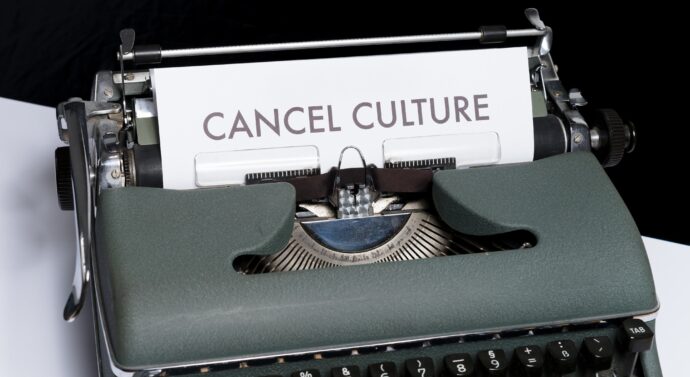
Opinion: “Cancel Culture” doesn’t lead to progress
Editorial March 16, 2021, Comments Off 50Dr. Seuss. Harvey Weinstein. Aunt Jemima. These famous names have all fallen victim to “cancel culture.” Dictionary.com defines cancel culture as “the popular practice of withdrawing support for public figures and companies after they have done or said something considered objectionable or offensive.”
This act of public shaming has been around longer than the social media machine, with large swaths of people agreeing to stop supporting a person (think Monica Lewinski in the 1990s or the then Dixie Chicks in the early 2000s.) People have every right to boycott something their morals do not align with, and there is no better way to get the point across in this country than withdrawing monetary support.
My problem is not with public shaming. People need to be held accountable in a society that claims to be tolerant and accepting. My problem is that once someone is cancelled, there is often no point of return. Once a cancel-worthy offense is committed, the one who committed it is shown no grace. Oftentimes, yes, something that is done is unforgivable, and that person does not deserve a second chance, but a hand of understanding and path of progress is never extended.
Instead of showing no mercy and eradicating a person’s impact from society, we should keep holding these people accountable and giving them the resources they need to improve. Progress does not happen immediately. Progress is learning from our mistakes and bettering ourselves in spite of them.
As for the deceased Dr. Seuss, there’s not much we can do to show him the error of his ways in the context of today’s society, but when we remove the humanity of others just because we have been offended, what does that say about us as a people?
For true progress to be made, we must rise above getting even to commit to being part of the change: fixing what we do not approve of instead of removing it piece by piece.
Article by Julia Chamberlain